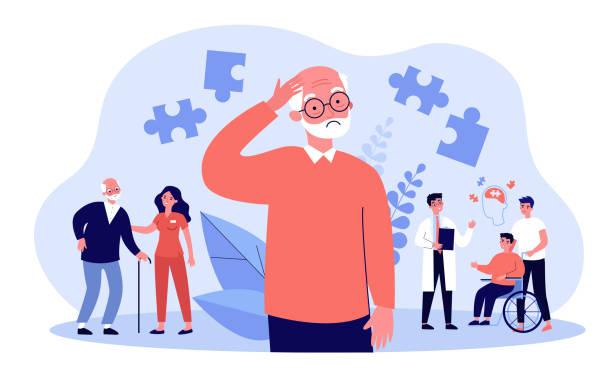Technologies made for Alzheimer's disease.
İhsan POLAT | 24 March 2023
Alzheimer's disease is a disease that prevents the use of brain functions and affects cognitive function, memory, and behavior. Managing daily life can be difficult for both Alzheimer's patients and their caregivers. Fortunately, several technologies are available that can help make life easier for people with Alzheimer's. Here are some examples:
GPS Trackers: an example of that is COREDINAT tracker which is a device used to locate Alzheimer's patients who have moved away from their homes or caregivers. These devices can be worn as bracelets, necklaces, circuits, or RFID (a small magnetic tape), allowing caregivers to track the location of their loved one in real-time. However, the most practical thing in terms of user experience is to use a GPS device that is small enough for the patient so they can't notice it. Usually, Alzheimer's patients are obsessed with removing things like bracelets or wristwatches from their bodies. On the other hand, RFID cards have a warning feature when leaving the area, but since the location reporting feature is limited, they restrict the mobility of the patient. Here, COREDINAT Alzheimer's tracking circuit, which has reflected the patient's experience and field experience on its product, is designed to come from the patient's belt area to the back cavity and offers the most effective solution.
Medication Reminder Practices: Alzheimer's patients often need to take medication at certain times to manage their symptoms. With its medication reminder feature, COREDINAT Alzheimer's ensures that doses are taken on time, helping caregivers and patients manage their medication schedules.
Smart Home Technology: Smart home technology can help people with Alzheimer's to live more independently by automating tasks such as turning lights on and off, controlling thermostats and locking doors. This technology can be voice activated or controlled via a smartphone app.
Communication Apps: Communication apps like Skype or FaceTime can help people with Alzheimer's stay in touch with their family and friends, even if they can't visit in person. These apps can also be used to schedule virtual doctor appointments or connect with support groups.
Dementia Friendly Tablets: Dementia friendly tablets are designed with simplified interfaces, large buttons and easy to use apps. These tablets can help Alzheimer's patients stay connected with loved ones, enjoy music and videos, and play games that can help stimulate cognitive function.
Assistive Technologies: Assistive technologies such as hearing aids, visual aids, and mobility aids can help people with Alzheimer's maintain their independence and quality of life.
Overall, these technologies can help people with Alzheimer's live more comfortable, safe, and independent lives while also providing added support and peace of mind to caregivers.
Read more posts

Alzheimer's disease and its symptoms
Learn more about Alzheimer's disease.

Alzheimer's disease and its effects.
Read more about Alzheimer's disease and its effects.

Technologies made for Alzheimer's disease.
Read more about some technologies made for Alzheimer's disease.
Subscribe to our email newsletter
COREDINAT uses the email address you provide to contact you about our latest articles and the features of our services. You can unsubscribe at any time. Check out our privacy policy for more information....
Copyright Coredinat 2025. All Rights Reserved
